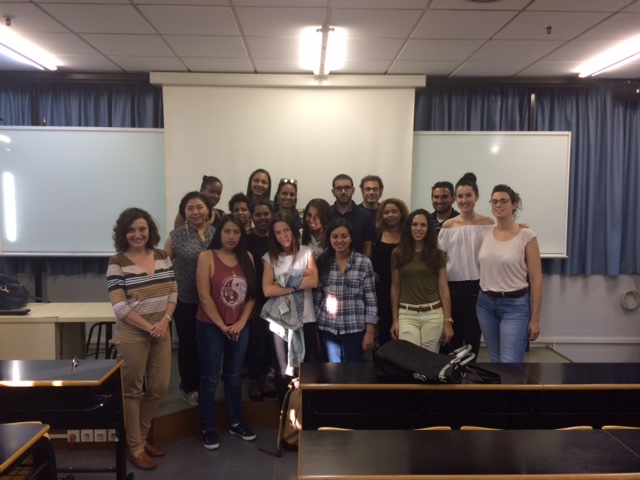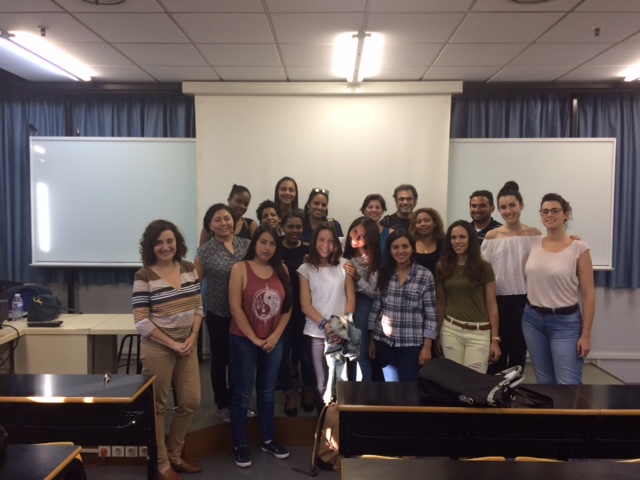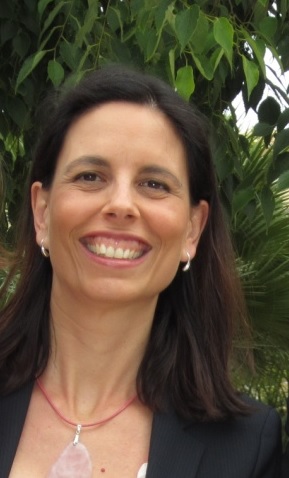
On Sunday 13 December opened the “International Conference in Tropical Medicine” organised by the University of Peradeniya in collaboration with the World Federation for Tropical Medicine in the city of Kandy, Sri Lanka. The professor Mas-Coma of the Universitat de València, in its quality of current President-elect of the World Federation, expert of the World Health Organisation (WHO), and director of the Collaborating Centre of the WHO and Centre of Reference of FAO-United Nations in Valencia, was in charge of giving the opening conference of this important event. This conference gathers experts from several countries of Asia and United States to discuss on the situation of various regions of the world, with special attention in the South of Asia.
14 december 2015
Professor Mas-Coma discussed on the situation that the influences of climate change and the global change, as well as the overlapping of both phenomena, are causing on many human parasitic diseases in some countries, by illustrating the problems through different examples of changes detected in several diseases caused by protozoas and by parasitic helminths. The lecturer emphasised the modifying vector-borne diseases and those of zoonotic nature as the infectious diseases that are most likely to be affected by the climate change and the anthropogenic modifications of the environment (as the irrigation systems for crops or deforestation), the human emmigration/immigration or the import/export of animals as cattle and pets.
Sri Lanka is a country that suffers from endemic situations of diseases that show expansion and dispersion phenomena as the Leishmaniasis or Dengue Fever in many parts of the world. An example of the impact of climate change on a parasitic disease in Sri Lanka is the Fasciolosis that is causing the morality of the wild elephants of this country in the last years.
Mas-Coma has emphasised the absolute necessity of facing the current challenges in these diseases included within the term Neglected Tropical Diseases (NT). The first challenge is constituted by the goals defined by the WHO within its Road Map for the 2015-2020 period (WHO Roadmap 2015-2020 for NTDs). The second challenge is marked by the modifications that these diseases are showing as a result of the impacts of the climate changes and the global change, including the expansion of these diseases, changes in their prevalence (number of affected people) and also in their charges or intensities (number of parasites that affect one single patient).
Mas-Coma finished by stressing the need of not wasting more time and of increasing the joint efforts against these diseases. He also stated that it is necessary to take advantage of international meetings as the one in Kandy to interchange experiences, define collaborations and take significant steps forwards in the fight against these diseases, the most important of humanity and the responsible for the underdevelopment of the affected communities in many low-income countries, specially tropical and subtropical countries.
Published by: Paula Tomás Gimeno











